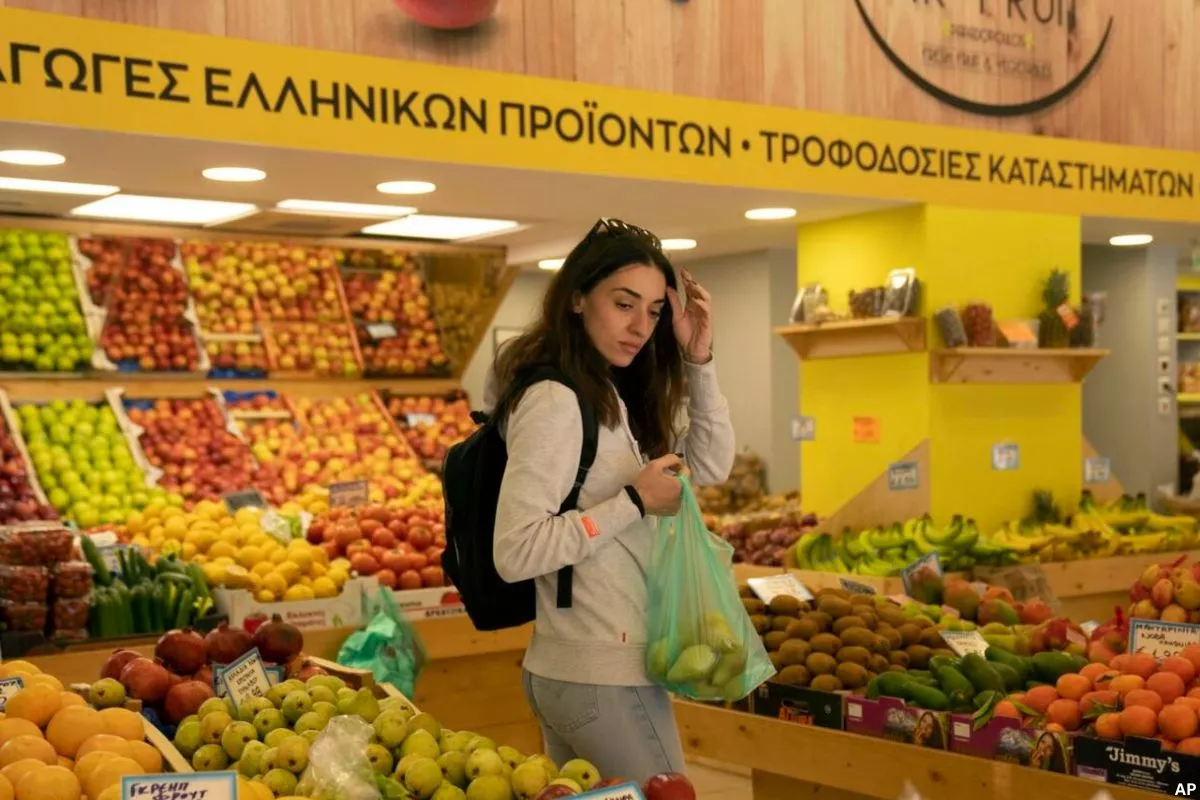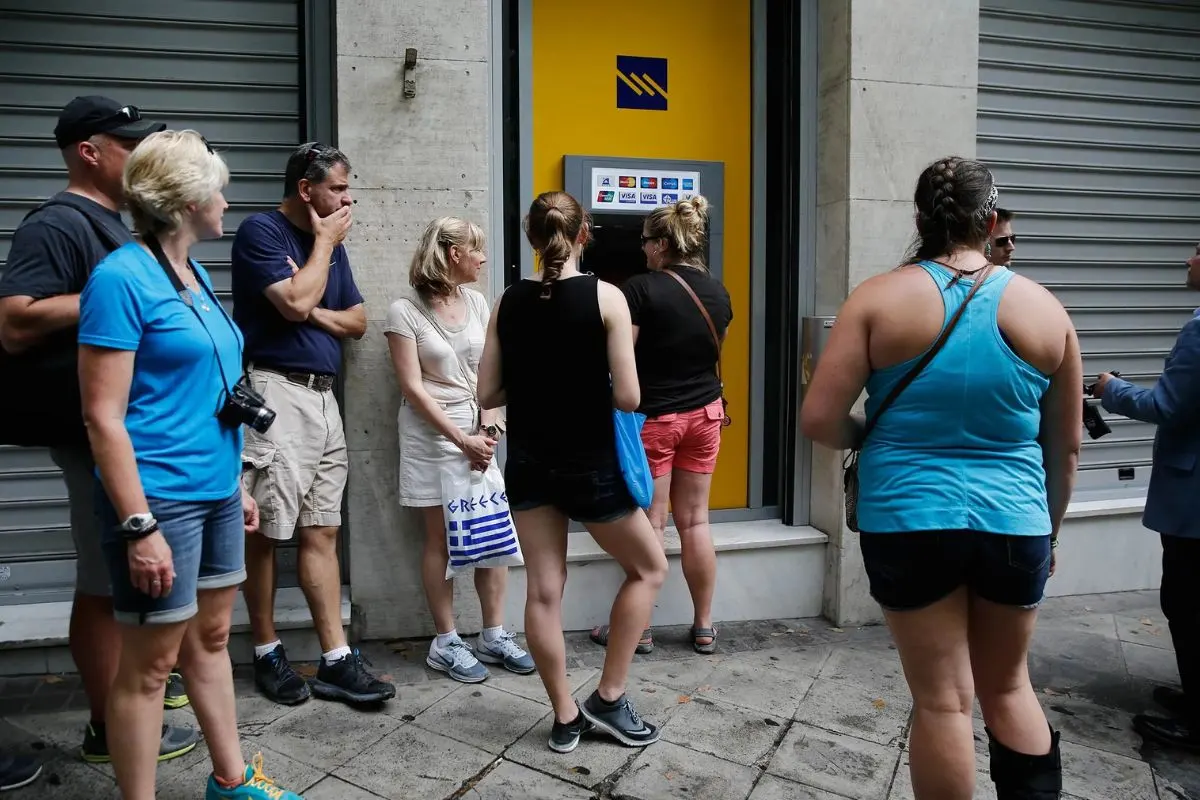Athens, Greece – Greece’s Harmonized Index of Consumer Prices (HICP) exhibited a marginal decline in August, dipping from 3.5% to 3.4%, according to preliminary data released by the European Union’s statistics agency, Eurostat, on Thursday.
While Greece’s HICP figure remains below the Eurozone average, which held steady at 5.3%, the numbers offer little comfort amid rising concerns. Of particular note is the trajectory of food prices, which continue to outpace overall inflation and have escalated more markedly in Greece compared to other Eurozone nations. Furthermore, the persistent conflict in Ukraine suggests that energy costs are likely to surge in the foreseeable future.
The preliminary data for Greece’s domestic Consumer Price Index (CPI) for August, distinct from the HICP, will be unveiled by Greece’s statistics authority, ELSTAT, on September 8, providing a more detailed and localized perspective on inflation.
August’s HICP figure places Greece alongside Finland and the Netherlands with the third-lowest inflation rate in the Eurozone. Spain, with an inflation rate of 2.4%, has temporarily exempted certain food staples from value-added tax (VAT) and reduced VAT rates for others to achieve this figure.
Analyzing monthly trends, prices in Greece experienced a 0.2% decrease from July. This dip was influenced by lower food prices and the widespread implementation of summer sales throughout August. Notably, in the realm of energy, Greece showcased the third-best performance in the EU, with prices standing at 17.3% lower than the previous year, thanks to reduced natural gas and electricity costs. However, recent days have witnessed a resurgence in prices, including gasoline, which, in many regions, now exceeds €2 per liter.
In the upcoming weeks, substantial price hikes are anticipated in olive oil, where prices may surpass €10 per liter, as well as in meat, feta, and other cheeses primarily produced from goat and sheep milk. Pasta and bread, which experienced declining prices in recent months, are also expected to become more costly.
The soaring prices of food items are a concern across the Eurozone, where the relevant sub-index surged by 9.8% in August, despite experiencing a slight decrease in July. Inflation also exhibited a slowdown in non-energy industrial products (4.8% from 5%) and services (5.5% from 5.6%).
Slovakia recorded the highest inflation rate in the Eurozone at 9.6%, followed by Croatia at 8.5% and Austria at 7.6%. Germany’s inflation stood at 6.4%, while France observed an increase from 5.1% in July to 5.7% in August.












